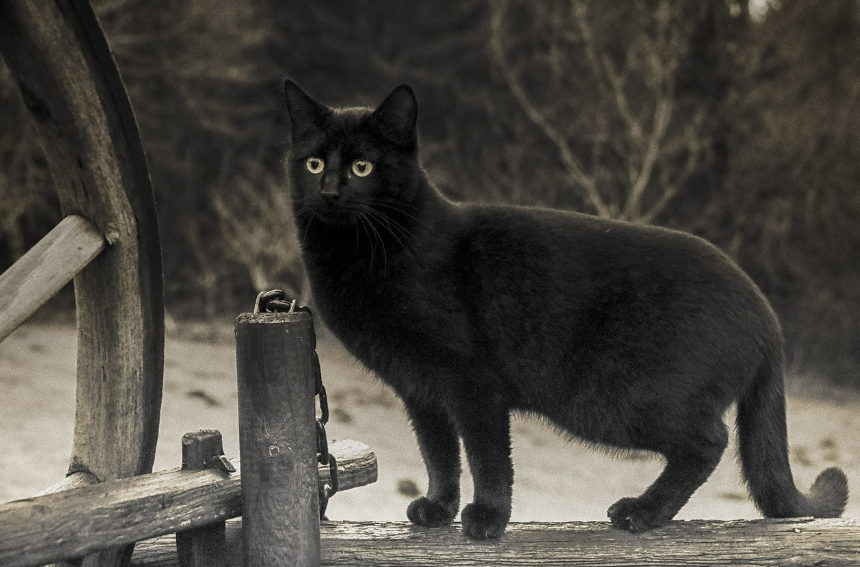King 567, Betbhai247, Apbook247: Superstitions have been ingrained in human societies since ancient times, stemming from a variety of cultural, historical, and psychological factors. These beliefs often arise from a desire to make sense of the unknown or to exert some form of control over uncertain events. For instance, the superstition of knocking on wood for good luck may have originated from early beliefs in tree spirits that could protect individuals from harm.
Moreover, superstitious beliefs can also be passed down through generations, becoming deeply rooted in a society’s traditions and customs. Rituals and practices associated with superstitions provide a sense of comfort and security, offering individuals a way to cope with the unpredictability of life. As a result, the origins of superstitions are complex and multifaceted, reflecting the diverse influences that shape human behavior and beliefs.
The Role of Cognitive Biases in Superstitions
Humans are inherently prone to cognitive biases, which are systematic patterns of deviation from rationality in judgment. These biases can often lead individuals to develop superstitions, as our brains seek patterns and connections even when they may not truly exist. This tendency towards pattern-seeking behavior can result in the formation of superstitious beliefs, where individuals attribute cause and effect relationships to unrelated events or actions.
Confirmation bias, or the propensity to look for, interpret, favor, and recall information in a way that supports one’s preexisting views, is one prevalent cognitive bias that contributes to superstitions. People with superstitious beliefs may unintentionally look for evidence to confirm their ideas while ignoring or undervaluing evidence that contradicts them. This has the potential to increase superstitions’ tenacity and aid in their gradual reinforcement.
� Humans are inherently prone to cognitive biases
� Biases can lead individuals to develop superstitions
� Our brains seek patterns and connections even when they may not truly exist
One common cognitive bias that plays a role in superstitions is the confirmation bias:
� The tendency to search for, interpret, favor, and recall information that confirms preexisting beliefs
� Individuals with superstitious beliefs may unconsciously seek out evidence that supports their beliefs
� Ignoring or discounting conflicting evidence can strengthen the persistence of superstitions
Superstitions and the Need for Control
Superstitions often stem from a deep-seated human desire to exert control over uncertain or unpredictable situations. By adhering to rituals or beliefs, individuals may feel a sense of agency in circumstances where they have little influence. This need for control can be particularly pronounced during times of heightened stress or anxiety, as superstitions provide a perceived framework for navigating the unknown.
In seeking control through superstitions, individuals may assign significance to certain actions or objects as a means of influencing outcomes. This symbolic attribution of power can create a sense of reassurance and empowerment, even if based on irrational or unfounded beliefs. Understanding the link between superstitions and the need for control sheds light on the psychological mechanisms at play in human behavior and decision-making.
What are some common superstitions?
Common superstitions include avoiding walking under ladders, breaking a mirror bringing bad luck, and finding a four-leaf clover for good luck.
How do superstitions originate?
Apbook365, Apbook Login, Goexch777: Superstitions often originate from cultural traditions, beliefs passed down through generations, and attempts to explain the unknown or uncontrollable.
How do cognitive biases play a role in superstitions?
Cognitive biases can lead individuals to make irrational connections between unrelated events, reinforcing superstitions and beliefs in supernatural causation.
Why do people feel the need for control through superstitions?
People may turn to superstitions as a way to feel a sense of control over unpredictable or uncertain situations, providing a sense of security and comfort.


